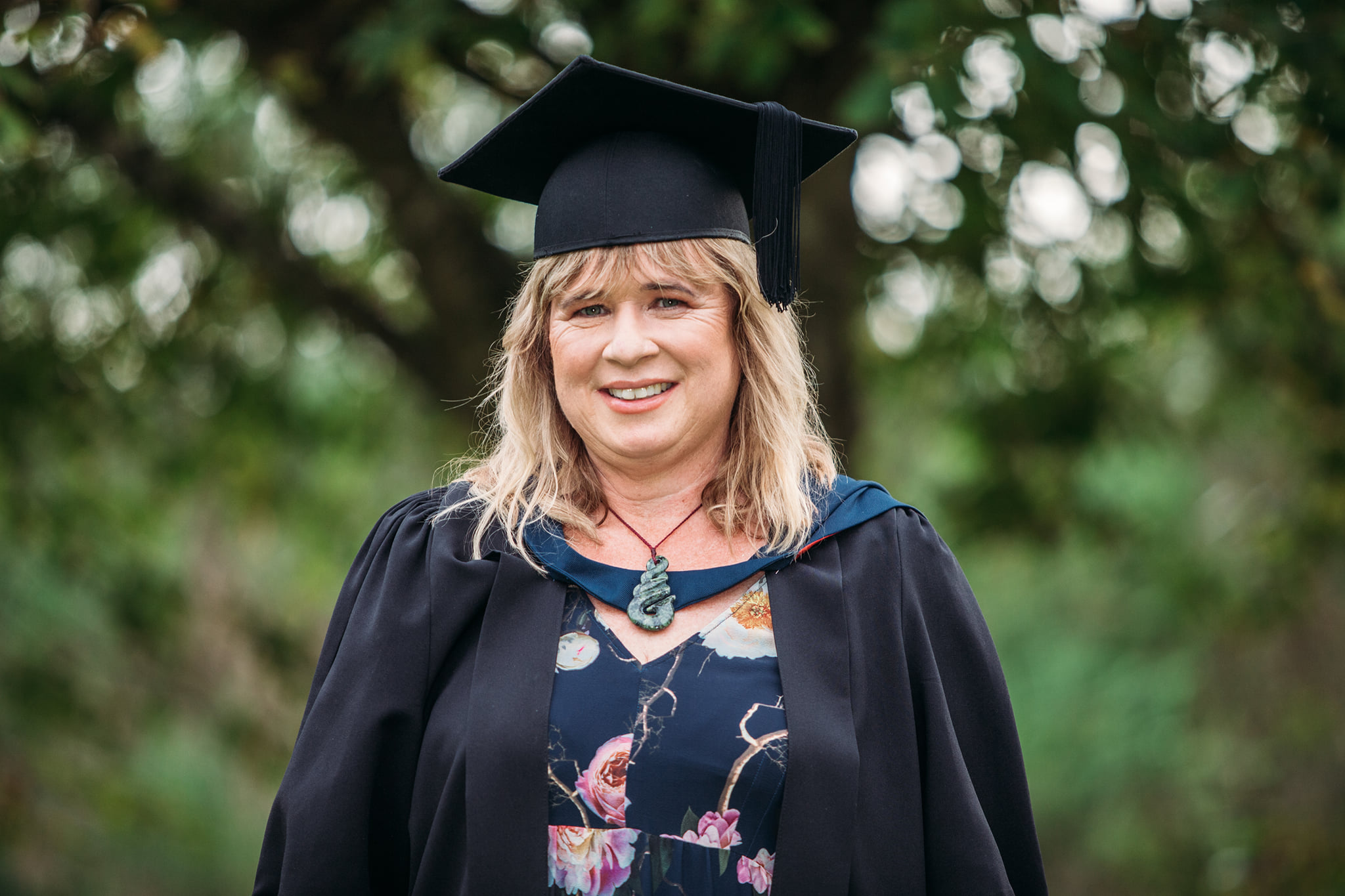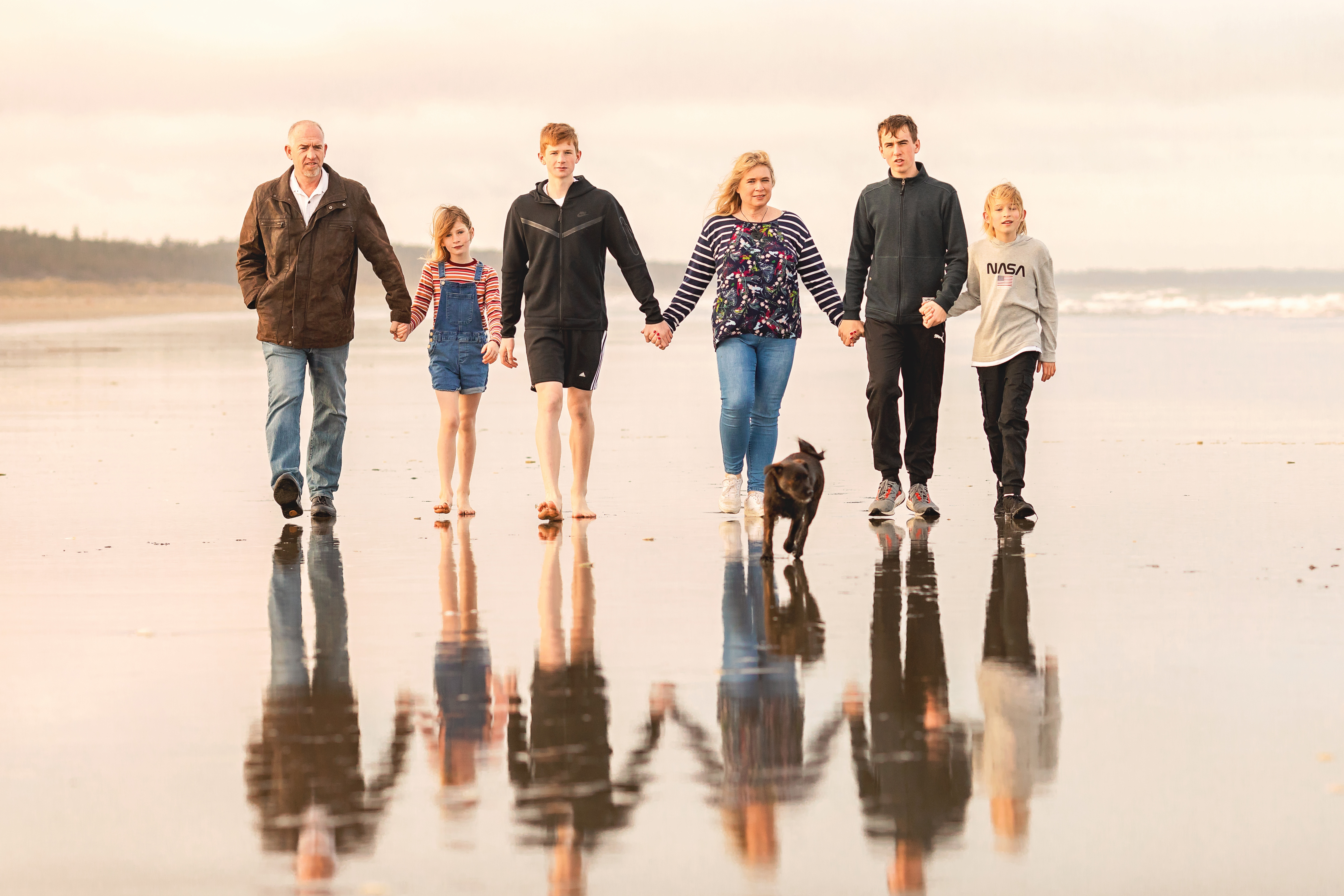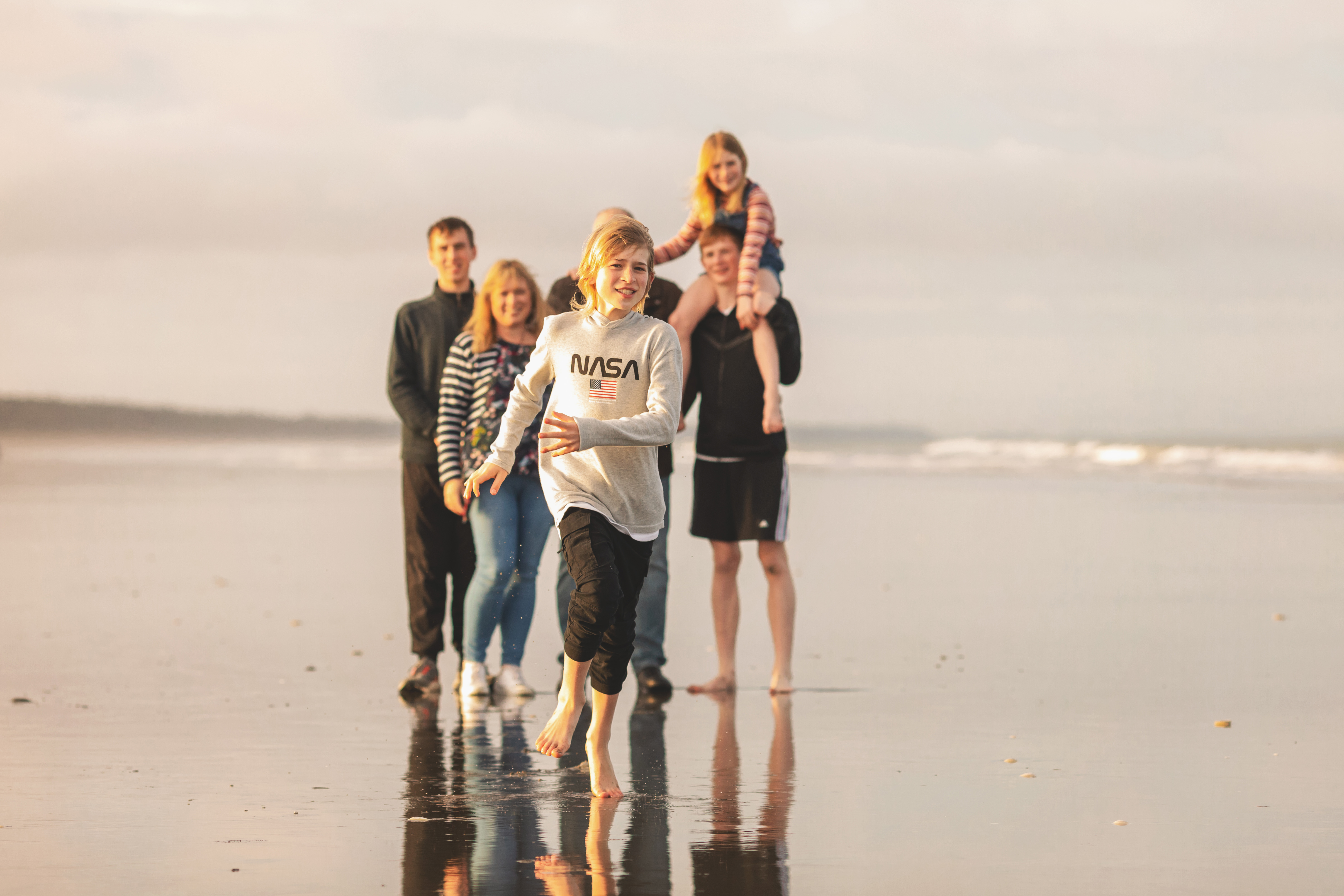Racheal Priestley (Ngāpuhi) has always had a strong connection to Ōtautahi, and she moved to the city with her family just six weeks before the Christchurch earthquakes.
When she discovered the house they were living in was just a few doors down from where her grandmother was born, it all started to make sense.
'My grandfather was one of 24 siblings, and 12 of them moved to Christchurch from the far north. He met my grandmother when he was visiting his siblings, then they moved back to Whakapara Marae and got married,' says Racheal.
Working as a Regional Disability Advisor throughout the Waitaha rohe, Racheal and her husband are able to keep their family connections strong as they raise their 4 tamariki, including 3 autistic children, in Christchurch.





Social workers supporting disabled people
Part of creating the Disability Strategy is bringing together feedback from disabled people published in research, reports and reviews about care over the last 10 years.
A key theme is that the judgement and assumptions of others, including professionals, continues to have a significant impact on the wellbeing of disabled people.